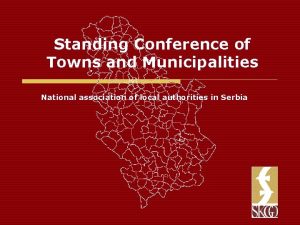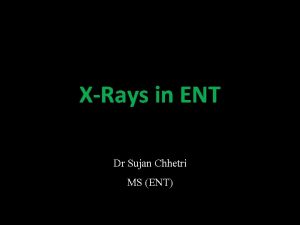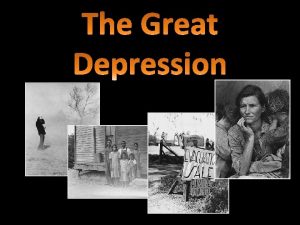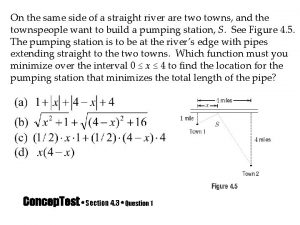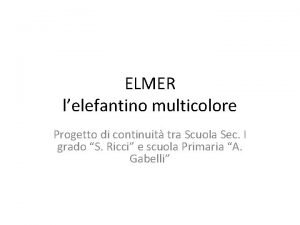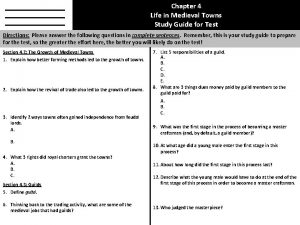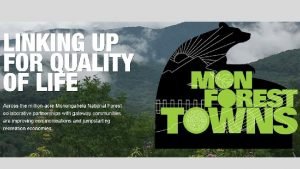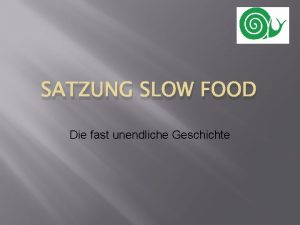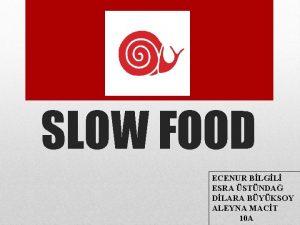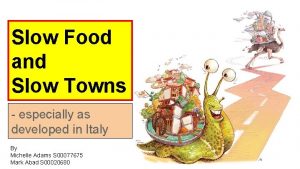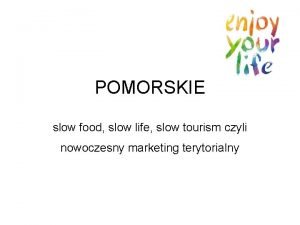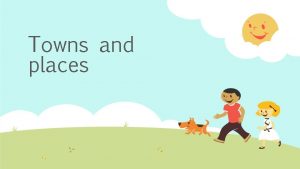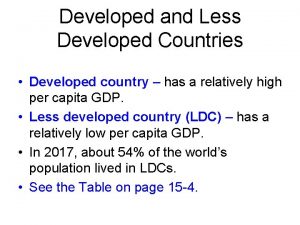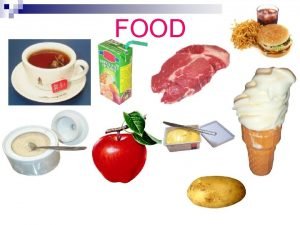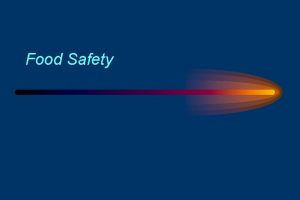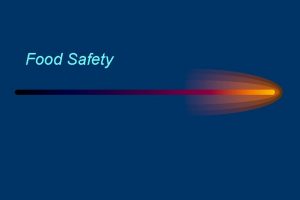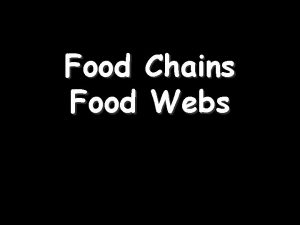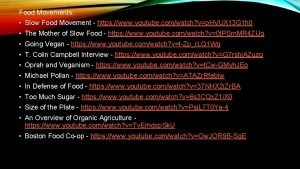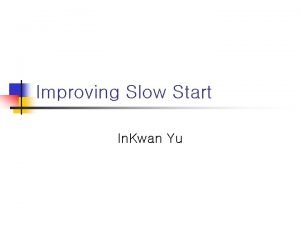Slow Food and Slow Towns especially as developed

















- Slides: 17

Slow Food and Slow Towns especially as developed in Italy.

Slow Food is a global, grassroots organization, founded in 1989 to prevent the disappearance of local food cultures and traditions, counteract the rise of fast life and combat people’s dwindling interest in the food they eat, where it comes from and how our food choices affect the world around us.

The founder of Slow Food was Carlo Petrini, an Italian journalist, who began this in his home town of Bra, Italy in the 1980’s. Bra is located in a region famous for its wine, white truffles, cheese and beef an ideal centre for the development of such a philosphy.

Carlo Petrini, saw that a fast-food restaurant had opened in Piazza di Spagna, the beautiful square in Rome. He thought it was tragic that many people today live too quickly to sit down for a proper meal and only eat mass -produced fast food. He believed that this type of lifestyle impacted on society, its values and subsequently the environment. In an effort to curb this he started the Slow Food movement.

Although he didn't succeed in banning the fast-food restaurant from Piazza di Spagna, Slow Food has become a global organization involving millions of people, in over 150 countries. Slow Food also encourages people to eat local and regional food, to use local shops and markets, to eat out in small family restaurants and to cook with traditional recipes counteracting the rise of fast life and combating people’s dwindling interest in the food they eat, where it comes from and how our food choices affect the world around us. Slow Food is working to ensure everyone has access to good, clean and fair food.

The snail symbol was chosen because it moves slowly, calmly eating its way through life. This reflects the ideology of the movement serenity, tranquility and peacefulness in relation to life’s journey.

This approach is based on a concept of food that is defined by three interconnected principles: good, clean and fair. ● GOOD: quality, flavorsome and healthy food ● CLEAN: production that does not harm the environment ● FAIR: accessible prices for consumers and fair conditions and pay for producers

Slow Food believes food is tied to many other aspects of life, including culture, politics, agriculture and the environment. Through our food choices we can collectively influence how food is cultivated, produced and distributed, and as a result bring about great change. These changes include slowing down the pace of life and giving people the opportunity to revaluate the impact that their life style has on their health, the environment and subsequently the future stainability of the planet.

Slow Food As founders of the slow food movement, these towns in Chianti want to preserve the pleasures of good living, good food, family and friends. http: //video. nationalgeographic. com. au/video/italy_slowfood

http: //www. abc. net. au/radionational/programs/futuretense/the-slow-movement/3023556

Slow Food is active and vocal on a number of current issues affecting our food system including; • Animal welfare • Bees • Family farming • Food waste • GMOs • Indigenous Terra Madre Network • Land grabbing • Slow Meat • Slow Cheese • Slow Europe • Slow Fish • Slow Wine

How can the community be involved • Become a slow food member • Nominate an endangered product to the Slow Food Ark of Taste • Donate and help support projects around the world • Be a responsible consumer and vote with your fork for the world you want

Slow Food encourages everyone to slow down and use their senses to enjoy quality food with awareness, learning to choose good food that is produced in harmony with the environment and local cultures.

Go Slow in your life 1. Buy whole ingredients. Cook them. Eat them. 2. Avoid processed stuff with long ingredient lists. Eat real food. 3. Grow some of your own food. Even if just on your windowsill. 4. Whenever possible, know the story behind the food you buy. 5. Buy local food; find out what is in season!

Go Slow in your community 1. Cook and eat with others – not just family and friends. Bring new people and perspectives to the table. 2. Join a community garden and grow food with others. 3. Connect with your local Slow Food organisation 4. Shake the hand that feeds you. Meet the people who grow your food. Shop at a farmers market, visit a farm or buy shares from a farm that offers a Community Supported Agriculture (CSA) program. 5. Learn about your local or regional food history and cultural dishes. Celebrate local food and save endangered food products

Citta Slow The Romans had a useful phrase: festina lente- make haste slowly. In these modern times, when frantic activity can take over daily life to the extent that the joy goes out of it: festina lente - take some time to take some time. The italians in the shadow of the success of Slow Food initiated the Slow Cities movement. The philosphy is to live slow, traditional methods are encouraged and the fast-lane is seen as a negative harmful to health and the environment. Slow cities have less noise, less traffic, fewer crowds and so less stressed people. This combined with slow food results in a society that cares for others and the sustainability of the planet.

 Twelve principles of animation
Twelve principles of animation Arizona league of cities and towns
Arizona league of cities and towns Standing conference of towns and municipalities
Standing conference of towns and municipalities X ray mastoid towne's view position
X ray mastoid towne's view position Fire island map towns
Fire island map towns Disadvantages of shanty towns
Disadvantages of shanty towns Hoover towns
Hoover towns Towns near dedham ma
Towns near dedham ma On the same side of a straight river are two towns
On the same side of a straight river are two towns Rural development loan massachusetts
Rural development loan massachusetts Progetto elmer scuola primaria
Progetto elmer scuola primaria Life in medieval towns answer key
Life in medieval towns answer key Vital villages thriving towns introduction
Vital villages thriving towns introduction Mon forest towns
Mon forest towns Sodbusters apush
Sodbusters apush Striker lab equipment
Striker lab equipment Slow food vor und nachteile
Slow food vor und nachteile Stnda
Stnda


